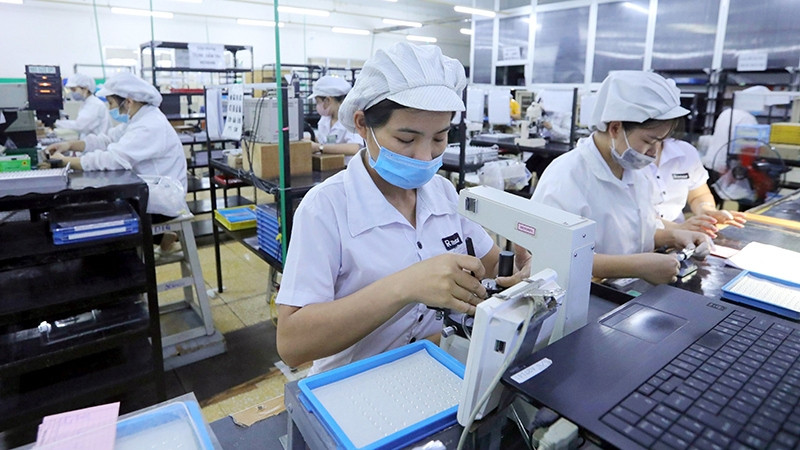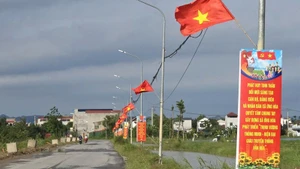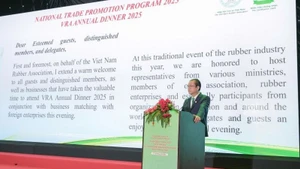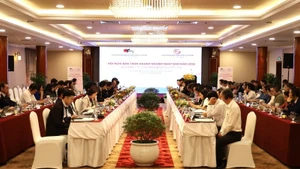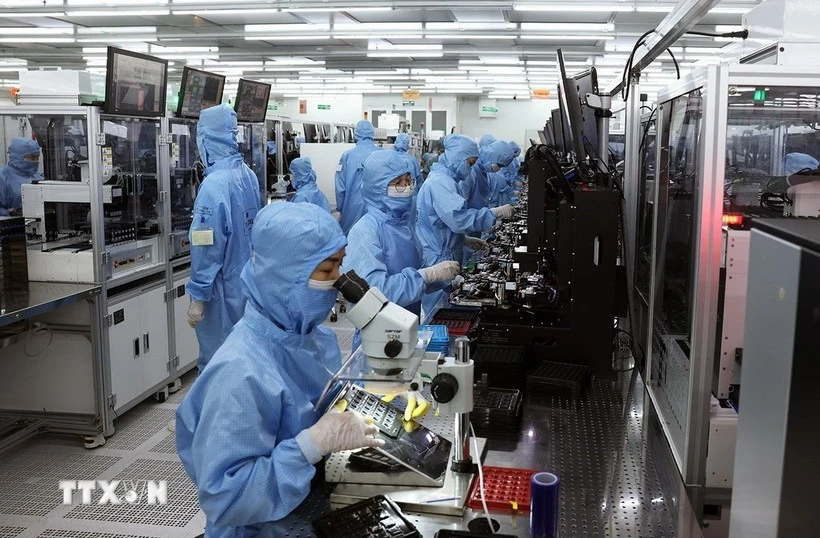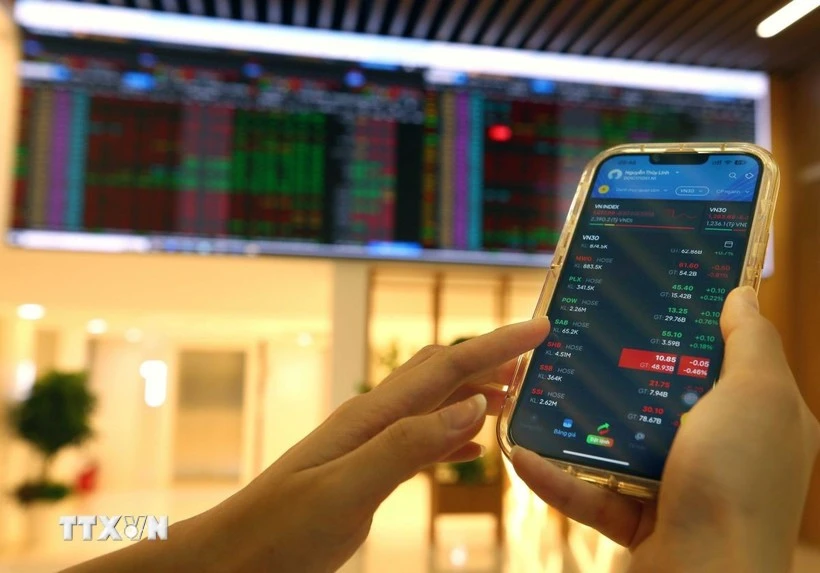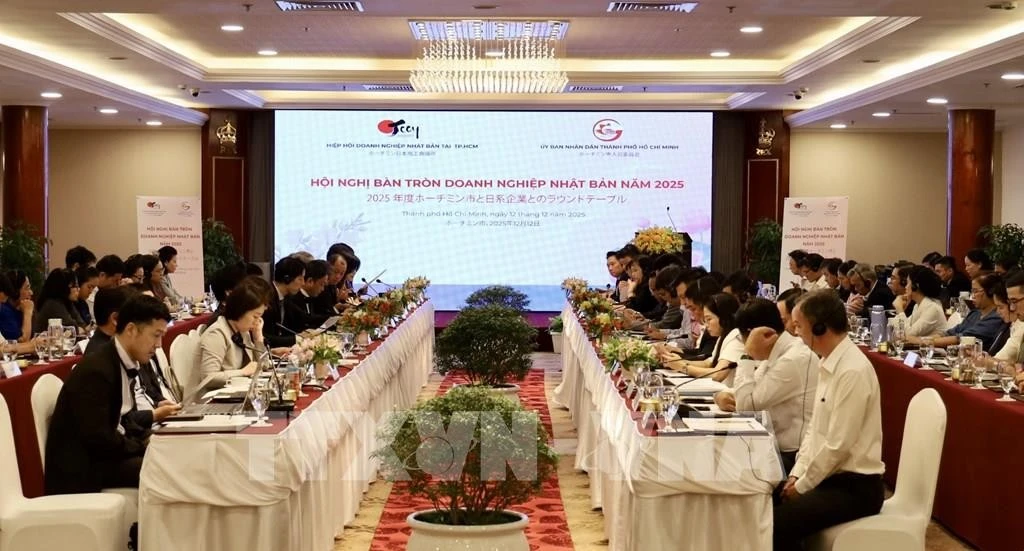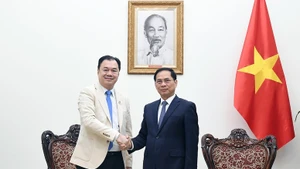After 35 years of opening and attracting FDI, Vietnam has received investments from 140 countries and territories around the world, with big global names such as Intel, Microsoft, Foxconn, Samsung, Sanyo, Sony, Fujitsu, Toshiba and Panasonic.
A 2021 report by the Vietnam Association of Foreign-Invested Enterprises (VAFIE) shows that the FDI sector currently accounts for 25% of total social investment, 55% of total industrial production value and 70% of total exports. Such figures demonstrate that Vietnam’s investment and business environment is increasingly improving, making foreign investors more confident in their business success with Vietnam by increasing their investments to expand their operations and earn greater profits.
Notably, foreign investors have been actively engaged in share purchase activity over the past ten years, accounting for a major part of total FDI pledges and disbursements. In 2021, the total value of mergers and acquisitions reached 12 billion USD, up 150% from a year earlier, despite the severe impacts of COVID-19.
In addition, the non-equity mode (NEM) is becoming a new investment method in Vietnam, as seen in Vingroup’s deals related to Vinfast and Vinsmart. According to VAFIE Chairman Nguyen Mai, this mode allows multinational companies to coordinate supply chains, creating a chance for domestic manufacturers and suppliers to take part in the global supply chain. Foreign investors’ resources usually include brands, intellectual property rights and business know-how. This is an investment trend that aims to increase marginal profit in potential markets without contributing capital.
Also in 2021, a report by the Institute of International Investment Studies Company Limited (ISC) pointed out the drawbacks and inconsistencies in attracting FDI and recommended many remedy measures to policymakers. According to Dr Phan Huu Thang, who co-authored the report, the advantage of FDI is its increasing role in economic growth, with important contributions to exports, government revenues, job creation, productivity enhancement and supporting industries.
On the other hand, there are also some drawbacks as seen in the low quality of attracting and using FDI, with the number of projects employing advanced technologies accounting for only 5% of the total. In addition, since the link between FDI enterprises and other sectors of the economy remains weak, the spillover effect concerning productivity and technology is minimal. The downside of attracting and using FDI is addressed slowly, negatively affecting economic development, social order and defence-security.
Thang said there are many reasons behind such drawbacks but the underlying reason is that the institutions and policies on FDI have not caught up with the development requirements. Therefore, it is necessary to continue fine-tuning the institutions and laws for attracting FDI to enhance its quality.
At the same time, ministries and localities need to take strong, proactive, synchronous and substantive actions to create a fair, open and transparent investment and business climate.
It is also recommended that the Government soon introduce a set of criteria for assessing the performance of the FDI sector. It will include 25 specific criteria covering economic, social, environmental and technological areas as the basis for foreign investors to grade themselves and localities to select the appropriate projects.
